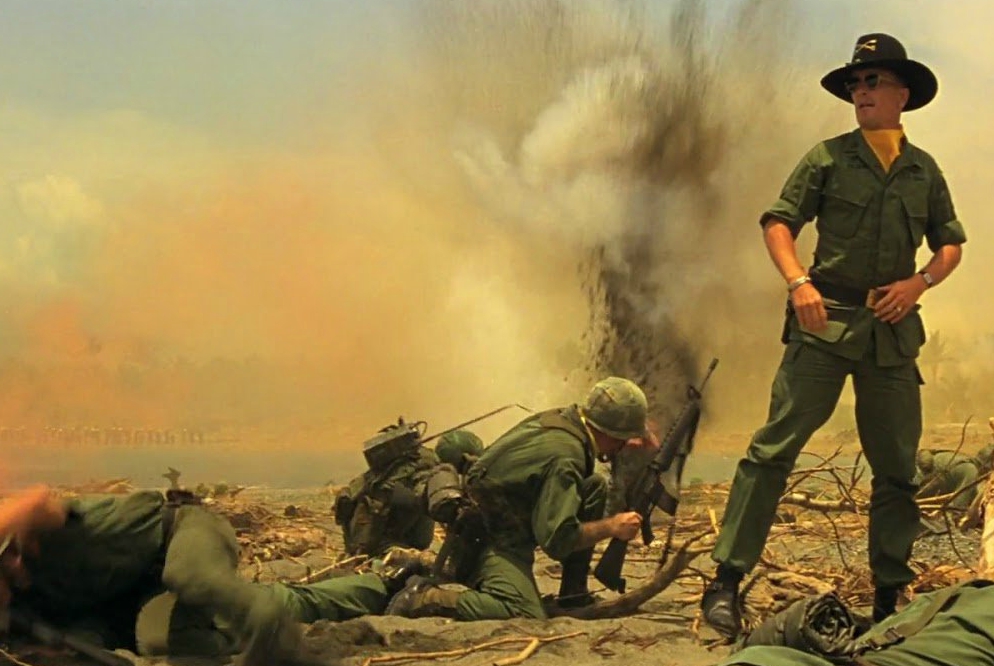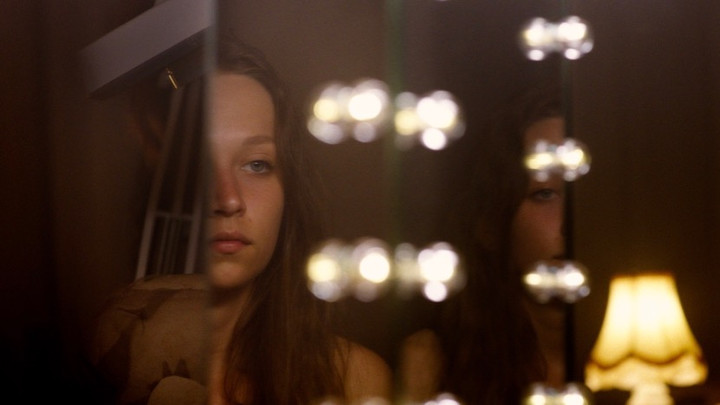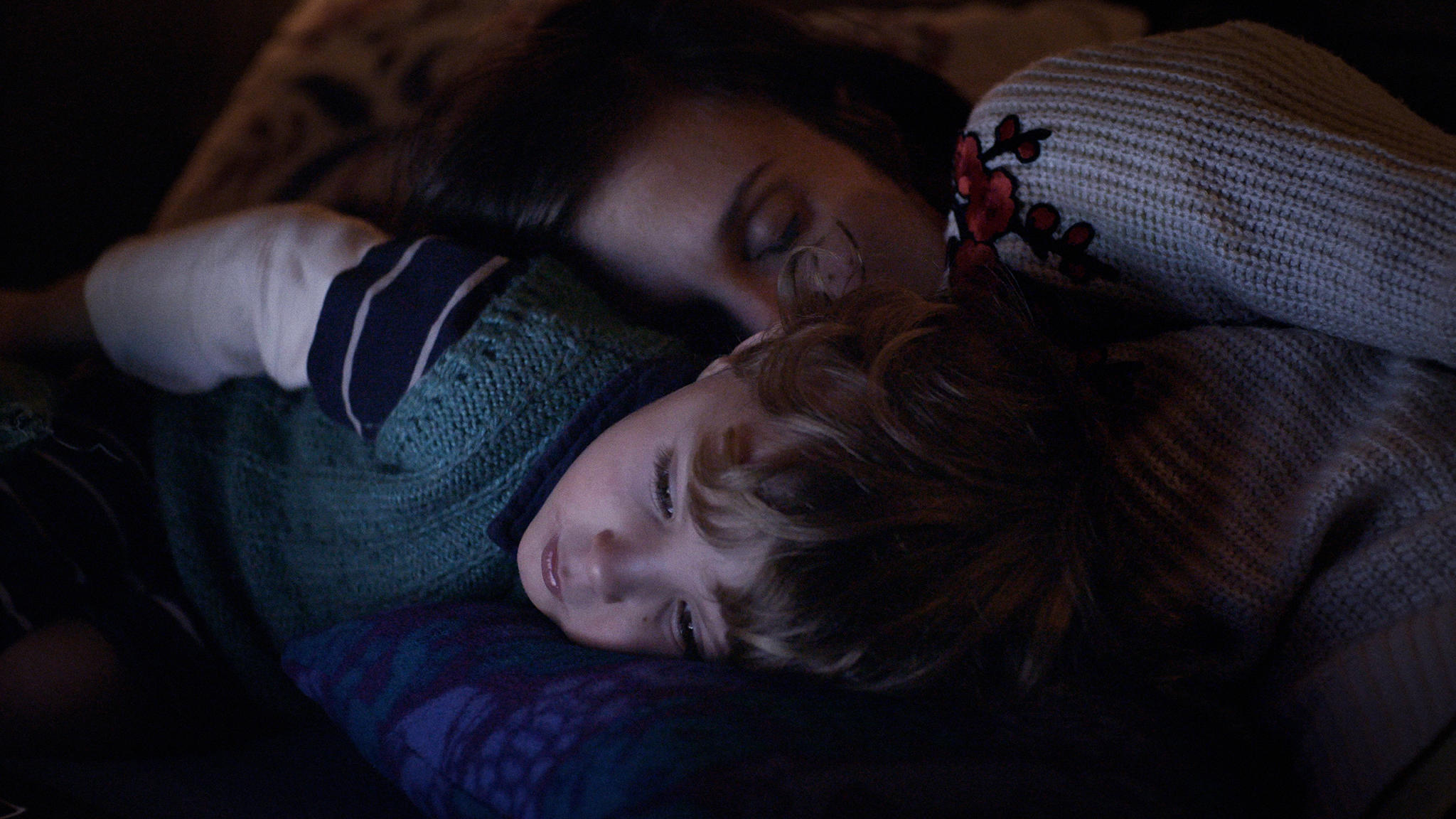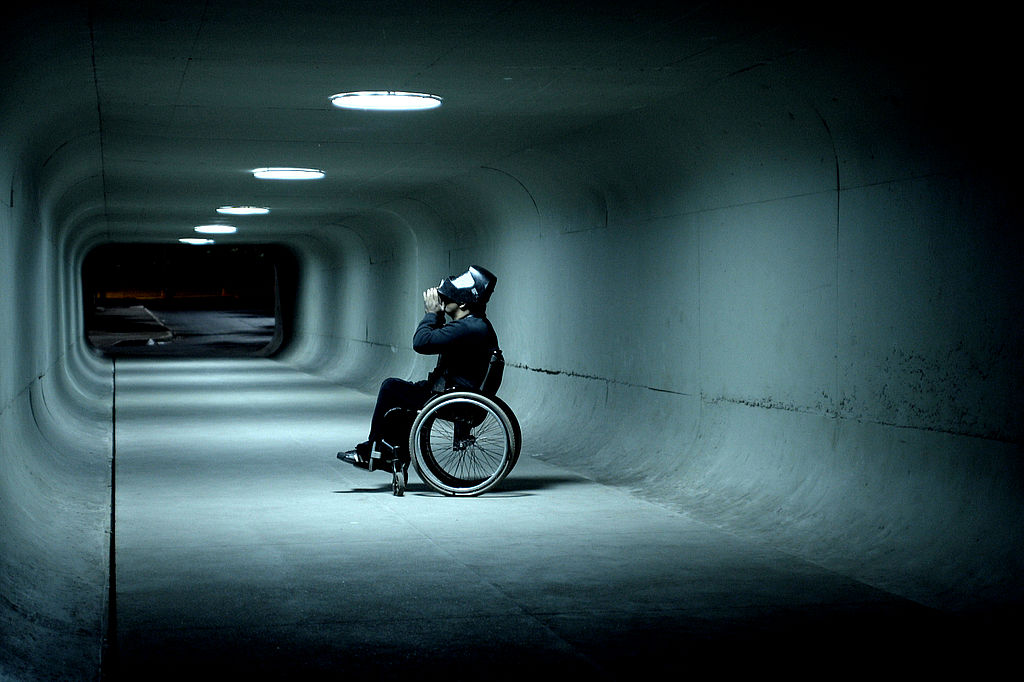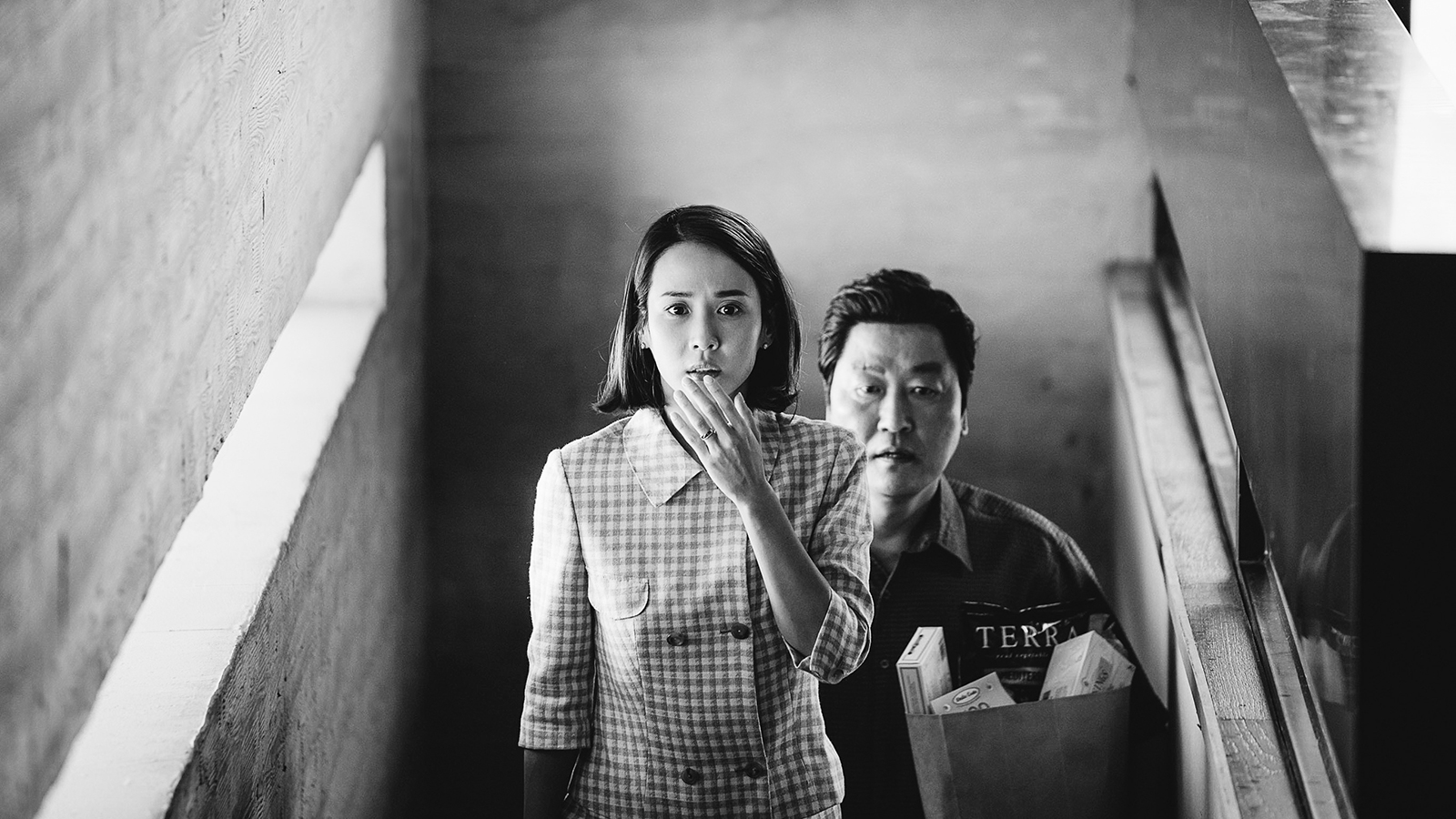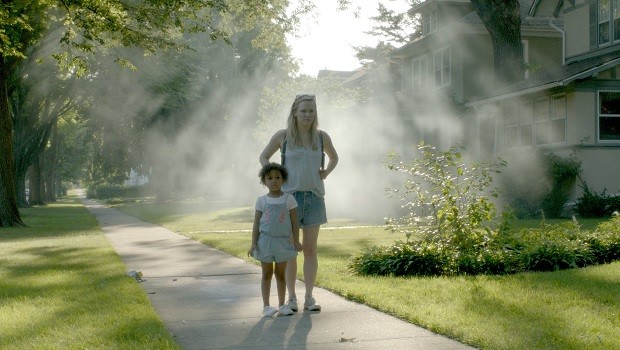Shakuntala Devi ***
Dir: Anu Menon. With: Vidya Balan, Sanya
Malhotra, Amit Sadh, Luca Calvani. 127 mins. No cert.
In recent years, the Hindi mainstream has
become more proactive about telling the stories of notable women. This new
streaming premiere follows on the heels of last October’s crowdpleasing Saand Ki Aankh, which centred on sharpshooting sisters-in-law, but it leans with
far greater force into its subject’s idiosyncrasies. What results is a biopic
with genuine character.
The feats described here are mental: the
eponymous heroine (Vidya Balan) was a phenomenal, Guinness World Records-noted
mathematician who performed for many decades last century under the stage name
The Human Computer. Director Anu Menon approaches her, however, from the
unusual angle of Devi’s daughter Anu (Sanya Malhotra), introduced marching into
a London lawyers’ chambers in 2001 to initiate criminal proceedings against mum
for failing to provide for her.
While that case is pending, the thoughtful
script (by Menon, Nayanika Mahtani and Ishita Moitra) fills in the brainiac’s
backstory. Born into poverty in Bangalore, she’s obliged to flee India after
shooting a no-good suitor, eventually landing in post-War Britain, where a
Spanish Henry Higgins (Luca Calvani) helps to polish her broken English.
Hot from streaming hit Four More Shots
Please, Menon has immense fun with her period recreation, bouncing between
hemispheres, timeframes and wardrobes while underlining a growing distance
between mother and child, crystallised by a lyric in one of Sachin-Jigar’s fine
songs (“You’re like a puzzle I’ve always tried to solve”). Maths is only one
touchstone; another would be that run of women’s pictures from Mildred
Pierce to Mommie Dearest.
Accordingly, the material yields an
all-shotguns-blazing performance from Balan, one of the few Bollywood stars
smart enough to memorise twelve-digit integers. Her Devi bends equations and
men alike to her will, refusing to conform whether flaunting her Caesarean scar
as a maternal badge of honour or – in a remarkably relaxed, enlightened sidebar
– penning the 1977 tome The World of Homosexuals.
She
casts a formidable shadow, but Malhotra emerges from it with credit, quietly
affecting as a more conventional personality who found she could only rebel
against such a trailblazing parent by pushing even further into domesticity. It
finds funny ways of dramatising the process whereby one generation of women
squares away its frustrations with another, but it adds up to spirited,
intelligent, authentically feminist entertainment.
Shakuntala Devi is available to stream today via Amazon Prime.
